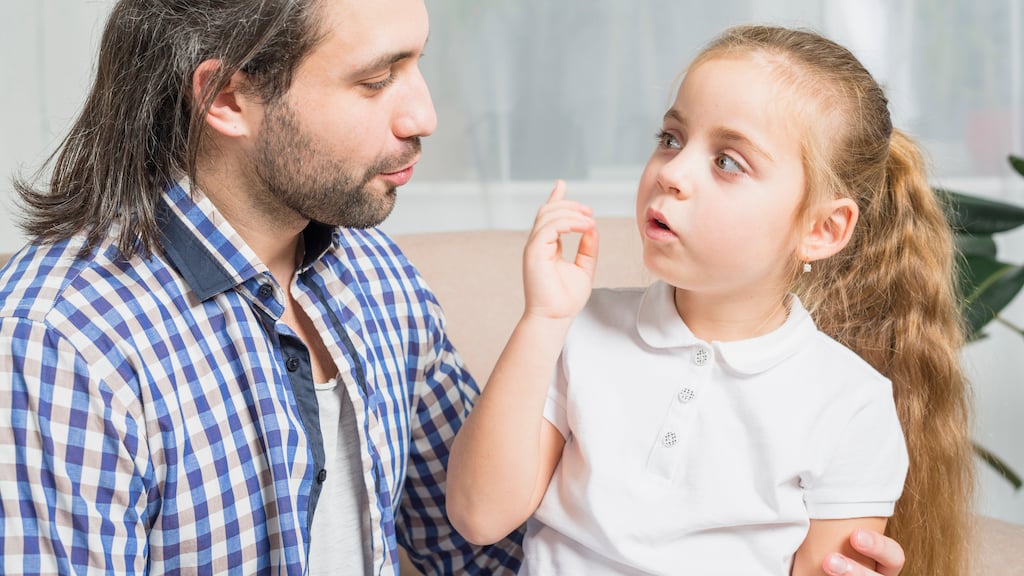In the dance of parent-child interaction, every conversation creates ripples that extend far beyond the moment. When we communicate mindfully with our children, we're not just exchanging information—we're laying the groundwork for their future relationships, emotional intelligence, and social competence. As a former early childhood educator turned parenting coach, I've observed how the quality of communication within families affects academic readiness and directly influences children's ability to navigate their social environments with confidence and compassion.
The Science Behind Social Skills Development
Early childhood represents a critical window for social development. Research in developmental psychology consistently demonstrates that children learn social skills primarily through observation and interaction with their primary caregivers. According to a longitudinal study by the Harvard Center on the Developing Child, the back-and-forth exchanges between parents and children—what researchers call "serve and return" interactions—strengthen neural connections that support communication and social skills development.
When parents engage mindfully—listening attentively, responding thoughtfully, and modeling effective communication—they create a developmental framework that children naturally internalize. Dr. Daniel Siegel, clinical professor of psychiatry at UCLA School of Medicine, explains this phenomenon through "interpersonal neurobiology," where parent-child interactions literally shape the developing brain's architecture.
Elements of Mindful Communication
Mindful communication with children encompasses several key components:
Presence: Giving your full attention during interactions, putting aside distractions like phones or competing thoughts. When children receive undivided attention, they learn that their thoughts and feelings matter, building the foundation for healthy self-expression.
Active Listening: Demonstrating genuine interest in your child's perspective through eye contact, affirming nods, and reflective responses. This teaches children how to be attentive listeners themselves—a crucial social skill.
Emotional Awareness: Acknowledging and validating children's feelings without judgment. This cultivates emotional intelligence, helping children recognize and articulate their emotions appropriately in social contexts.
Intentional Language: Using clear, age-appropriate words and considering the impact of your communication style. Children absorb not just what we say, but how we say it, incorporating these patterns into their own communication repertoire.
If you'd like to learn how to practice mindful communication with your child, you can purchase my 51-page ebook with practical and actionable next steps here.
The Holistic Benefits for Social Development
Approaching parent-child communication holistically recognizes that social skills aren't developed in isolation but as part of an integrated system of emotional, cognitive, and relational growth.
Building Empathy: When we mindfully communicate with children, acknowledging their inner experiences, we model empathy. A study published in the Journal of Child Psychology and Psychiatry found that children whose parents regularly discussed emotions and perspectives were more likely to demonstrate empathetic responses to peers by age four.
Cultivating Confidence: Children who experience being heard and valued develop a sense of self-worth that translates into social confidence. This confidence enables them to initiate interactions, express needs appropriately, and navigate group dynamics.
Fostering Conflict Resolution Skills: Mindful communication during disagreements shows children how to handle conflicts constructively. When parents model respectful dialogue even during challenging moments, children learn to address interpersonal problems with similar respect and thoughtfulness.
Enhancing Nonverbal Fluency: Communication extends beyond words. Mindful interactions help children develop sensitivity to facial expressions, tone of voice, and body language—crucial components of social intelligence that facilitate deeper connections with others.
Practical Approaches for Parents
Integrating mindful communication into daily life doesn't require special training—just intentionality and consistency:
Create Communication Rituals: Establish regular times for open dialogue, like family meals or bedtime conversations, where children can practice speaking and listening in a supportive environment.
Practice Perspective-Taking: Use storytelling and guided discussions to help children consider different viewpoints. Questions like "How do you think your friend felt when that happened?" encourage social perspective-taking.
Mind Your Metacommunication: Be aware of the messages beneath your words. The tone, timing, and context of our communication often speak louder than the words themselves, teaching children subtle social cues.
Embrace Silence: Mindful communication includes comfortable silences that give children space to process thoughts and formulate responses. This patience demonstrates respect for their cognitive process and encourages thoughtful rather than impulsive social interactions.
The Reciprocal Nature of Growth
Perhaps the most beautiful aspect of mindful parent-child communication is its reciprocal nature. As we cultivate these practices, we often find ourselves growing alongside our children. Many parents report enhanced mindfulness in their own social interactions as they become more intentional about communication at home.
The neuroscientist Dr. Sarah Watamura describes this as "co-regulation," where parent and child mutually influence each other's regulatory systems. This interdependent growth creates a supportive ecosystem where social skills flourish naturally.
Conclusion: A Legacy of Connection
The quality of our communication with children creates ripples that extend far beyond childhood. When we communicate mindfully, we're not just helping children develop social skills for the playground—we're equipping them with relational tools that will serve them throughout life.
The evidence is clear: children who experience mindful communication at home typically demonstrate greater ease in forming friendships, more sophisticated conflict resolution strategies, and stronger emotional regulation in social settings. They carry these capacities forward, often becoming more effective communicators in their adult relationships and professional lives.
By bringing mindfulness to our everyday interactions with children, we contribute to a legacy of connection that extends through generations—one thoughtful conversation at a time.
About the Author: Ana Mercedes, M.Ed is a certified early childhood educator specializing in communication strategies that strengthen family bonds while supporting children's social and emotional development.

